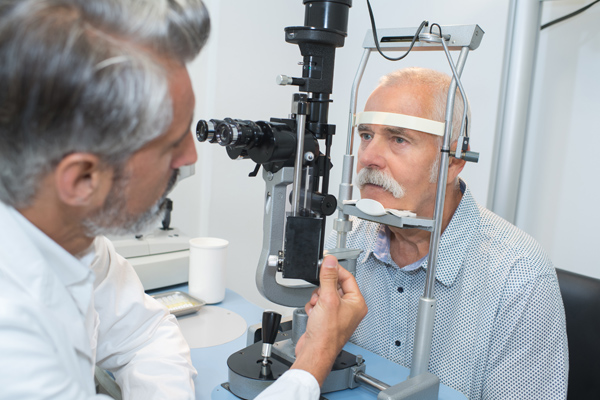Occupational Therapy
Occupational Therapy (OT) is defined by the American Occupational Therapy Association (AOTA) as the therapeutic treatment for people to develop, recover, or maintain their everyday skills. Occupational therapists often work with patients to help them regain their independence and self-esteem.
An occupational therapist treats the person as a whole and help the patient engage in daily life. Occupational therapists use a holistic approach to help the patient adapt to the environment. They help people learn how to adapt and perform any kind of task at home, school, work, or at any other place.
Occupational therapists can help a patient:

Bathe and get dressed
Eat without help from others
Do laundry on their own
Take part in leisure activities
Do office work
While occupational therapists assist with some part of the patient’s treatment plan, they do not create the therapy plan.

Conditions That Can Be Treated With Occupational Therapy
Depression and Anxiety
Amputations
- Arthritis
- Burns
- Brain Injury
- Alzheimer’s and Dementia
- Carpal Tunnel Syndrome
- Dupuytren’s Contracture
- Parkinson’s Disease
- Motor Neuron Disease
- Spinal Injury
- Huntington’s Disease
- Hip or Knee Replacements
- Stroke
Benefits of Occupational Therapy
There are plenty of benefits of occupational therapy for the elderly. Some of them are:





